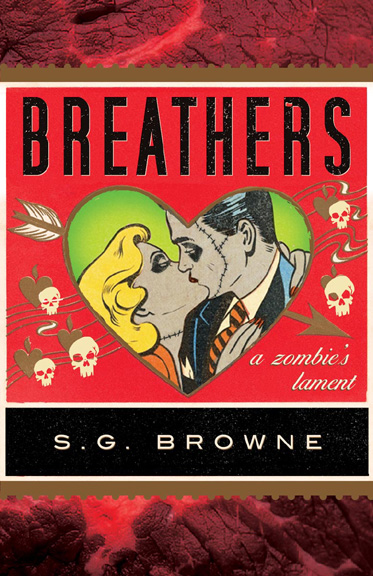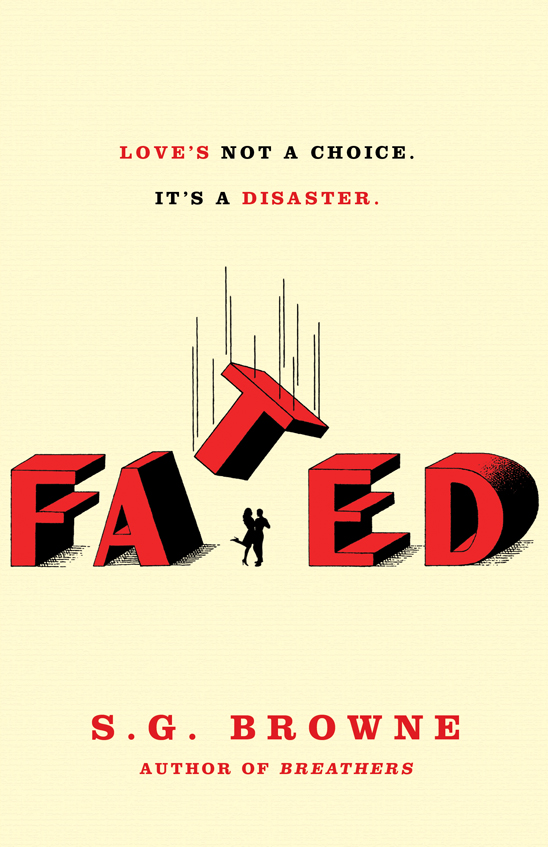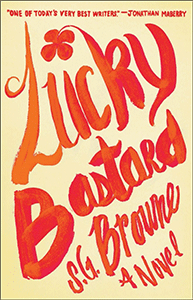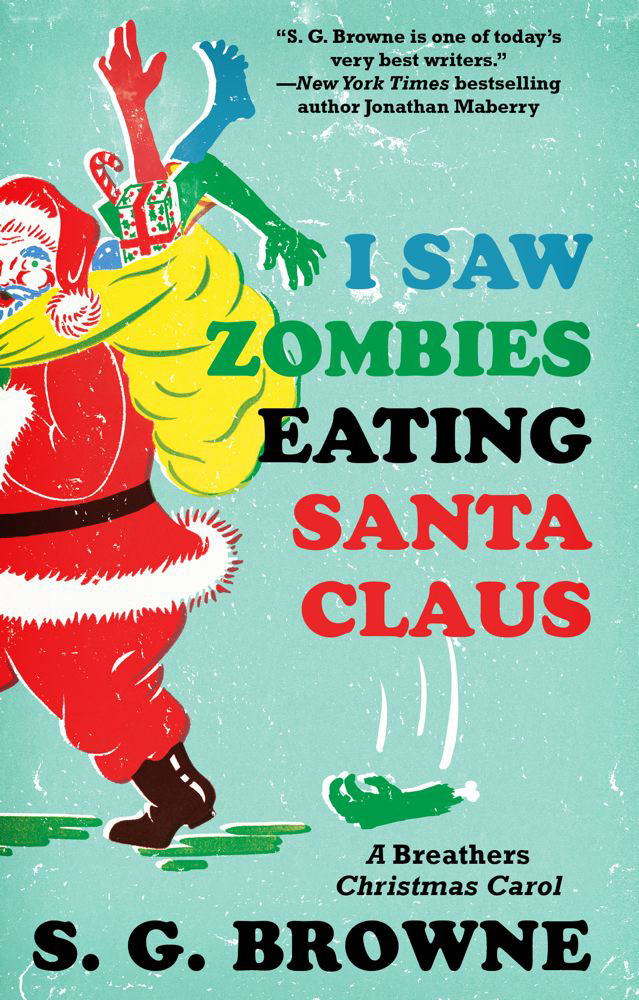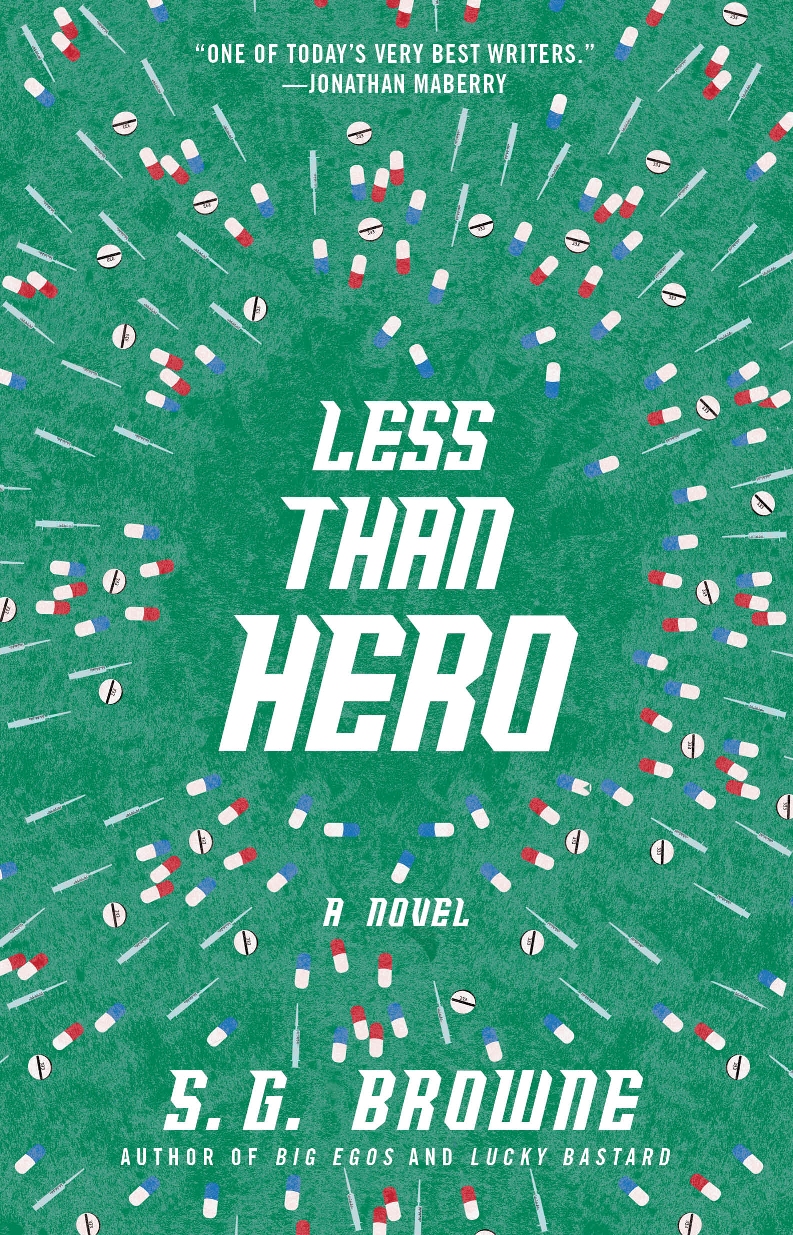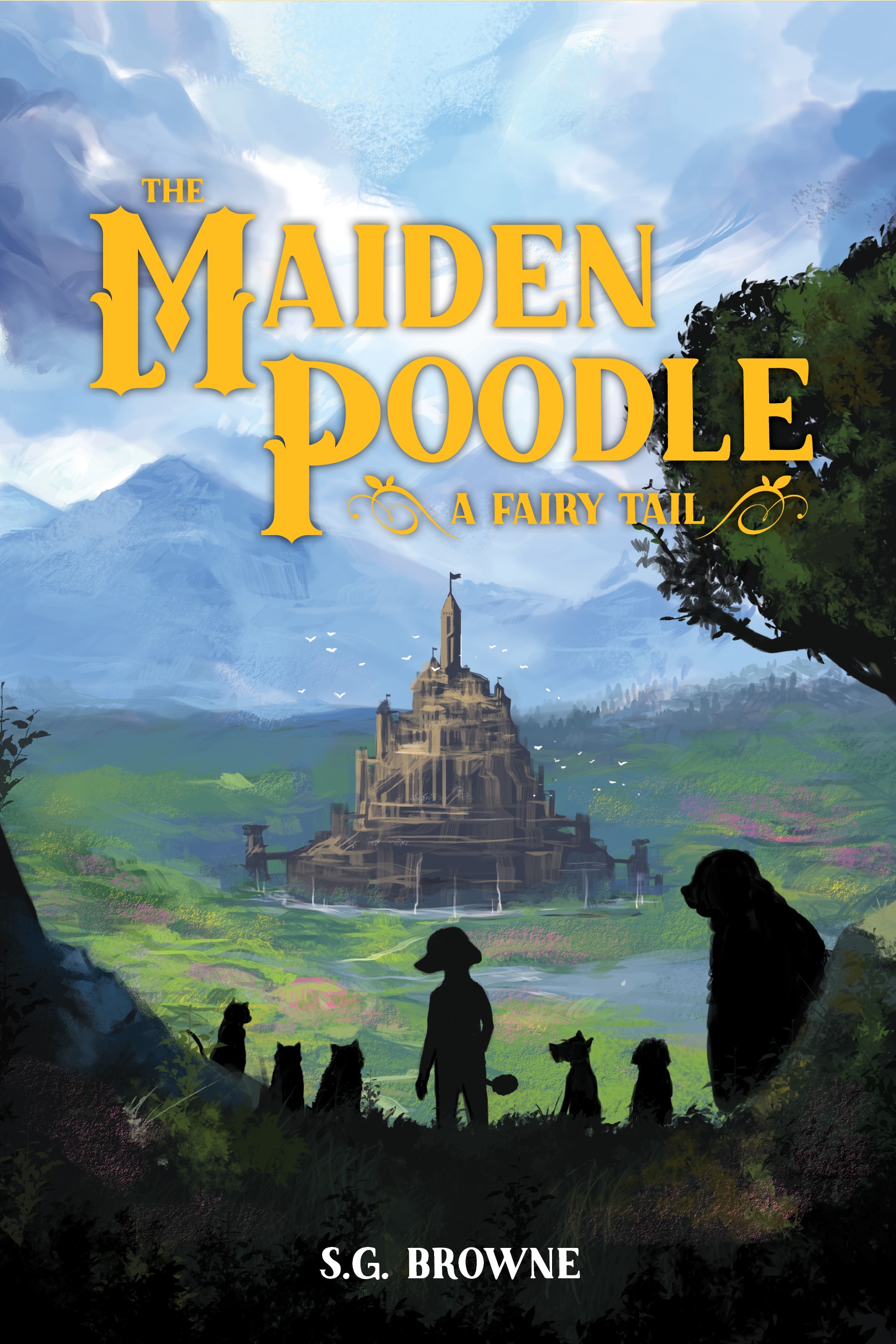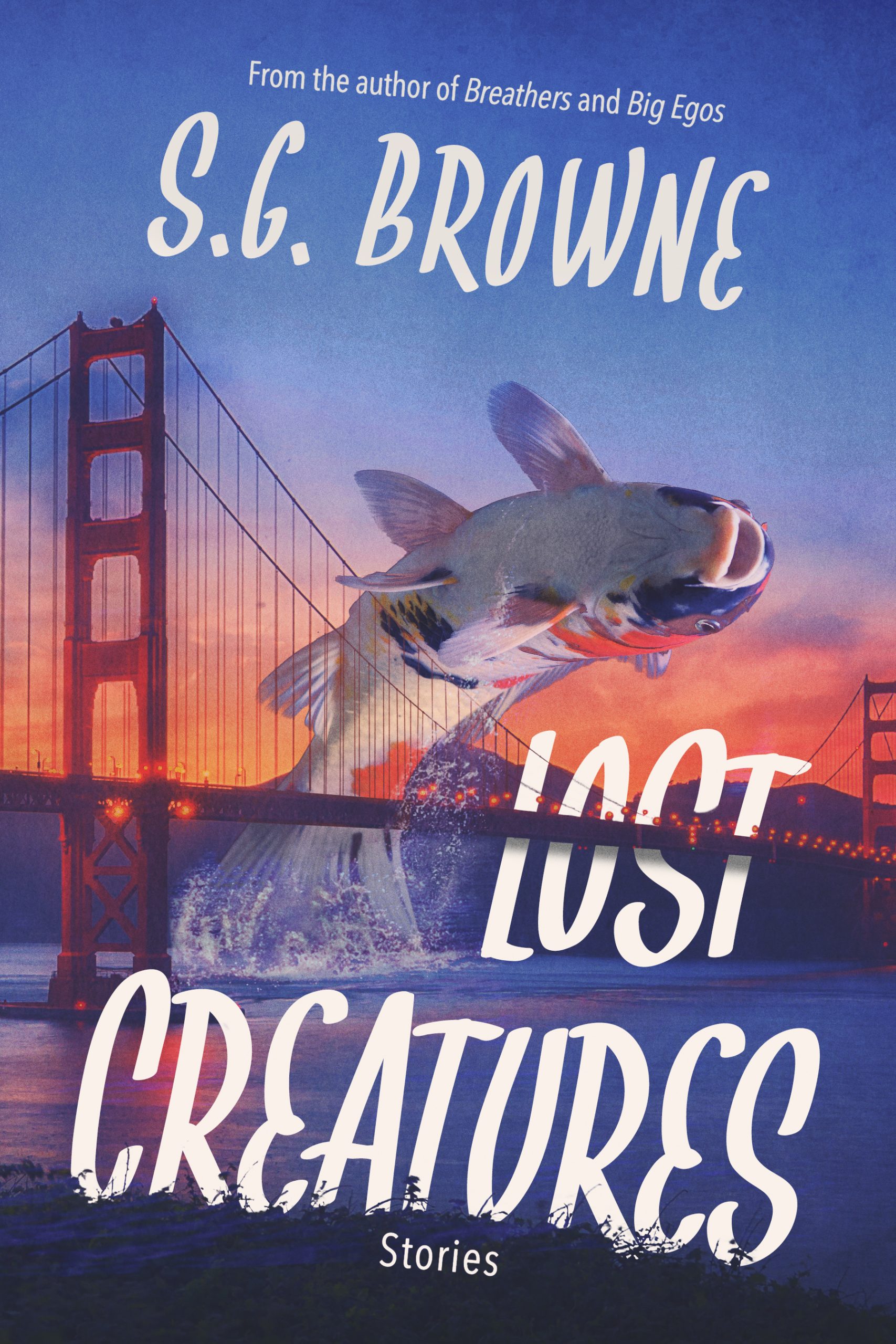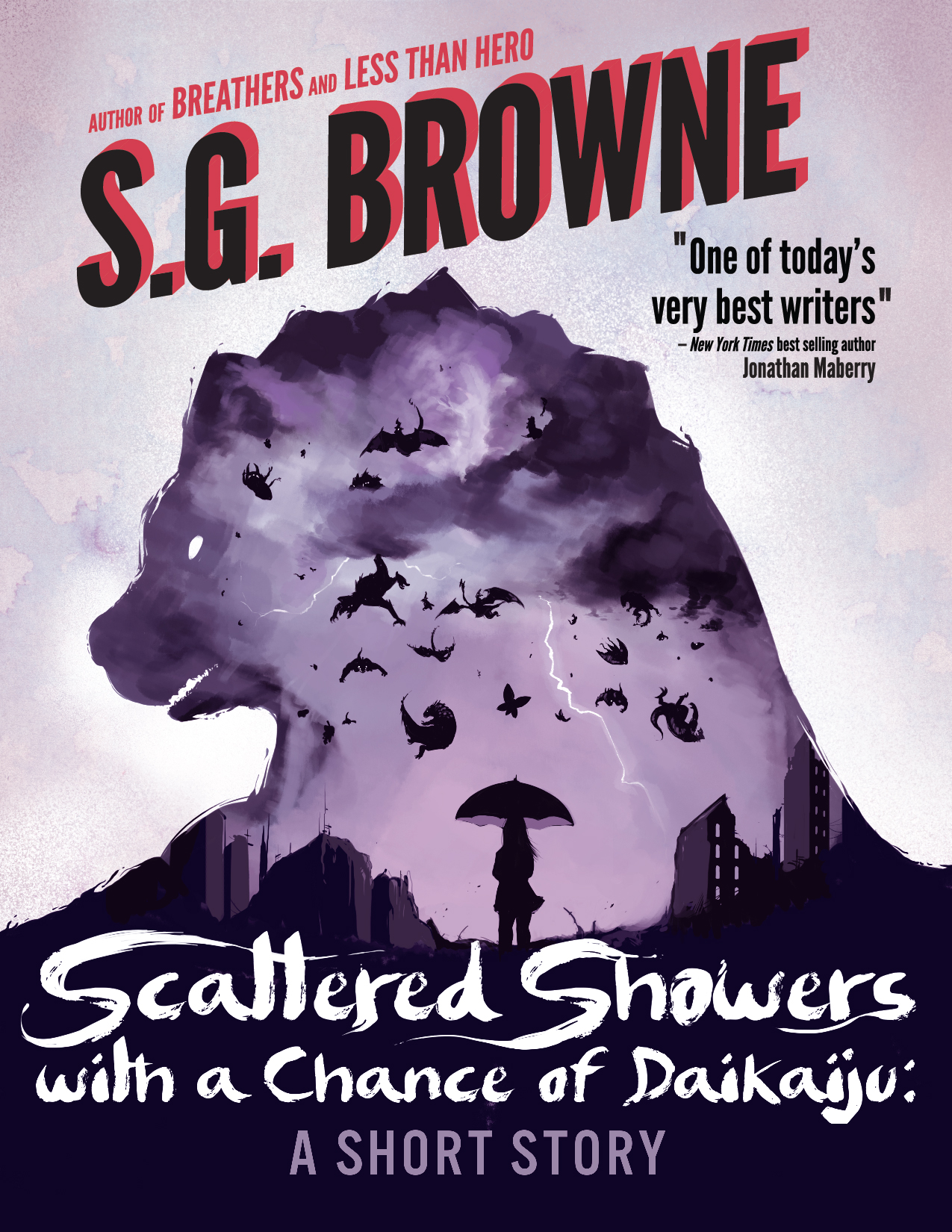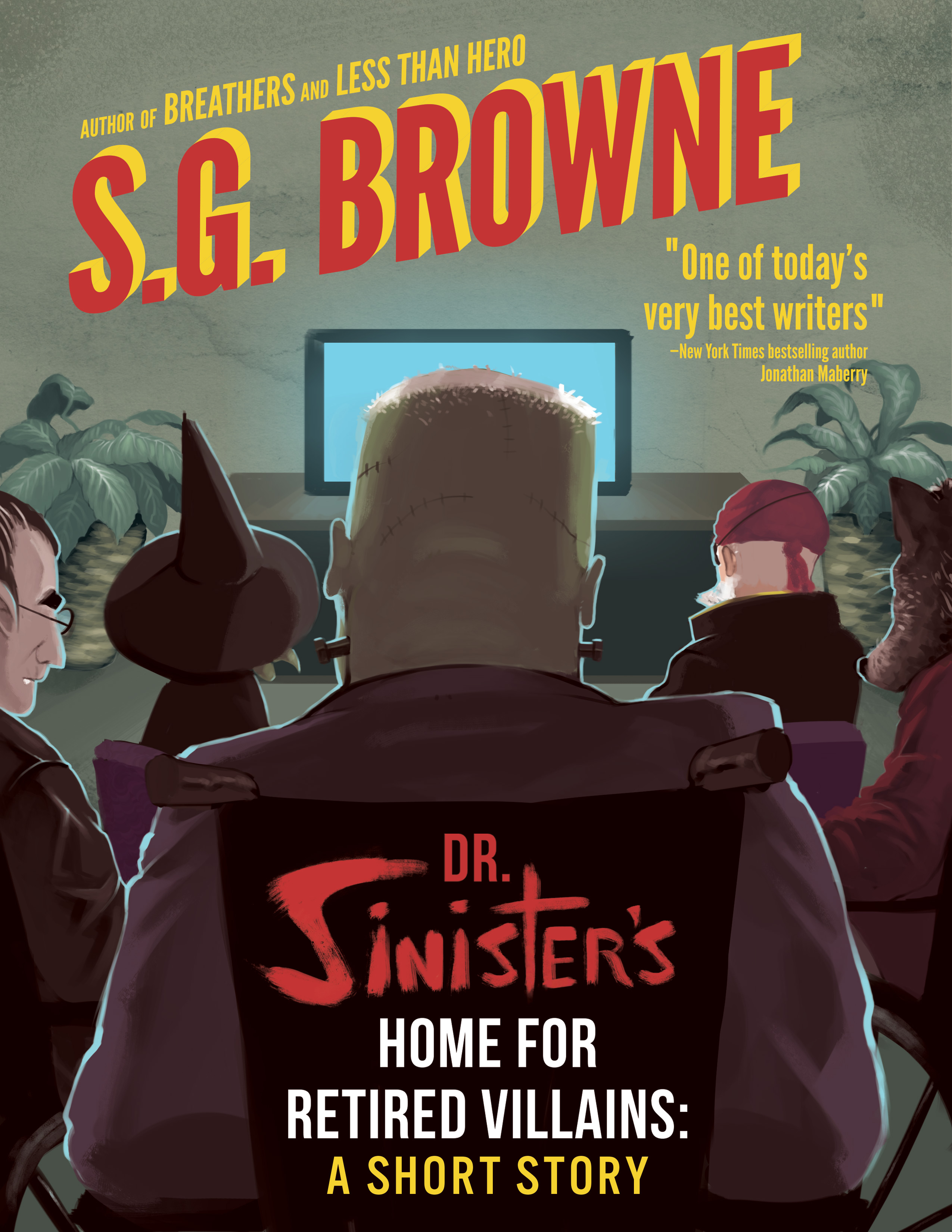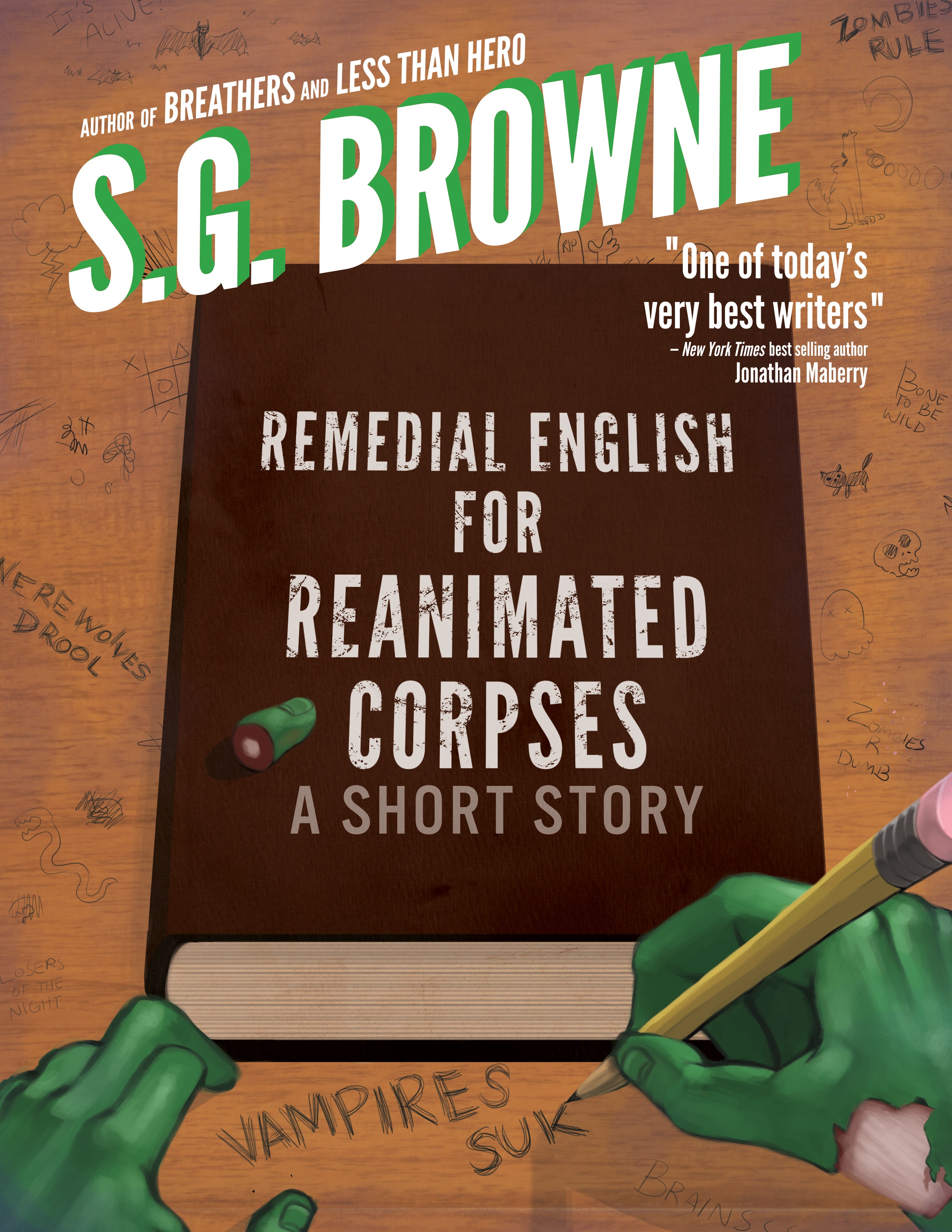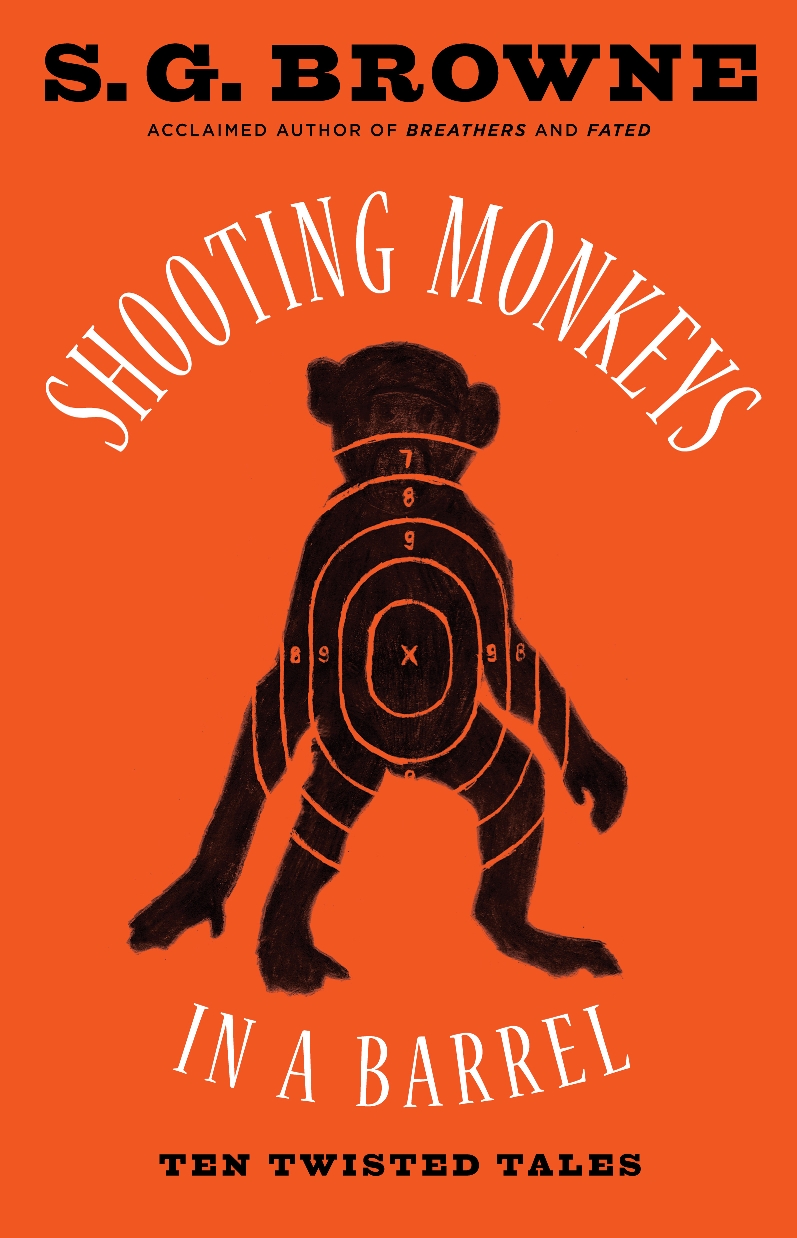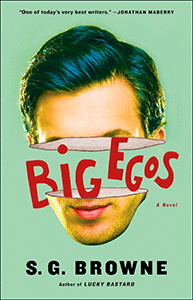 Sometimes readers want to know a little more about what went into writing a novel. The background and back story. The inspirations and process. How the author came up with the idea and executed said idea.
Sometimes readers want to know a little more about what went into writing a novel. The background and back story. The inspirations and process. How the author came up with the idea and executed said idea.
And by “executed,” I mean “accomplished” or “produced in accordance with a plan or design” rather than “beheaded.” Though I suppose that would be interesting, too.
Previously I’ve written posts in which I’ve shared insights into the creation of Breathers, Fated, and Lucky Bastard. What I’ve called my Beyond the Keyboard series. Up next, my dark comedy about identity: Big Egos.
If I Only Had a Brain
In 1997 I wrote a short story titled “If I Only Had a Brain” about a futuristic product called Designer Brains—a DNA-laced cocktail that allows the user to become a fictional character or dead celebrity.
The story, which clocked in at just under 3,000 words, takes place primarily at a party in the Hollywood Hills with the main character having injected the Designer Brain of James Bond. “If I Only Had A Brain” was published in the anthology Royal Aspirations III in 2001. 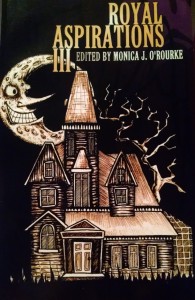
The original short story remained virtually intact when it became Chapter 20 of Big Egos.
At the time I wrote “If I Only Had a Brain,” I felt there was something more worth exploring, particularly the concept of identity and sense of self and what happens when you’re constantly pretending to be someone you’re not. This would end up being the main theme of Big Egos.
Insert Chapter HERE
Most of the time when I write a novel I don’t know how it’s going to end. However, with Big Egos, I knew exactly where I was going. I just had no idea how to get there.
In my original drafts, the novel starts at the end. Without giving any spoilers, the narrator of the story is processing his surroundings and trying to figure out how he ended up there. The problem is, his memory isn’t cooperating and he’s having trouble keeping things straight. Each memory leads to another memory to another memory. And so on and so on and so on. Kind of like a Faberge shampoo commercial, only with a lot more blood and confusion.
I envisioned the novel as sort of a trip through the narrator’s memories, piecing together how he ended up in his current situation. To do this, each chapter ended with a phrase or a sound or a thought that would trigger another memory, with the next chapter leading off with the same or similar line that ended the previous chapter.
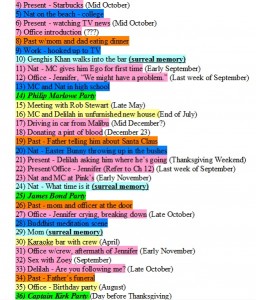 In order to keep track of the memories, I color-coded the chapters based on the narrator’s memories as they related to certain periods of his life. Rose for the present. Orange for childhood memories. Blue for high school/college memories. Light yellow for more recent memories. Light turquoise for surreal memories. And bright green for the chapters when he was someone else.
In order to keep track of the memories, I color-coded the chapters based on the narrator’s memories as they related to certain periods of his life. Rose for the present. Orange for childhood memories. Blue for high school/college memories. Light yellow for more recent memories. Light turquoise for surreal memories. And bright green for the chapters when he was someone else.
It looked something like that on the left.
The fun part was when I had to move a chapter around, as this entailed rewriting the beginning and ending for not only the chapter I moved, but for the chapters on either side of where the chapter used to reside in addition to the chapters on either side of its new location.
All counted, I have over twenty files of revised chapter orders. And although I eventually abandoned my initial premise for the narrative structure, I was still moving chapters around right up until the final copy edits.
Let’s Change Everything!
When my agent read what was approximately the fifth or sixth draft of Big Egos, she indicated that she liked the concept but was having difficulty with the clarity of the narrative. Initially I wanted to crawl into a dark place and hibernate for a few years. Eventually, however, I decided that what I needed to do was create a more linear narrative to hold the story together, while keeping the memories peppered in throughout.
In other words, I took it all apart and put it back together again. Naturally, this meant moving the chapters around and rewriting the beginning and ending of just about each chapter. While it was more of a grind than any of my other novels, it was also singularly gratifying once I managed to get all of the pieces into place. Though, as I mentioned, I was still tinkering and reconfiguring almost right up to the end.
Thanks for the Inspiration
It’s rare that I sit down to write a novel or a short story and have any idea where it’s going or what kind of novel it’s going to be, but I knew from the start that Big Egos would focus on the loss of identity and the culture of celebrity worship.
As I began writing the novel and finding the voice and discovering the characters who would populate the story (as I don’t tend to plot or do character sketches but rather meet the characters when they show up on the page), it also became clear to me that Big Egos was inspired and influenced by two novels: Slaughterhouse-Five by Kurt Vonnegut and American Psycho by Bret Easton Ellis.
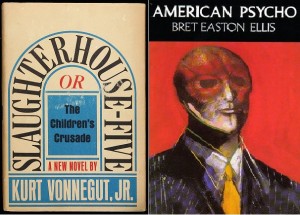
While Big Egos doesn’t claim to be either of these novels, the narrator is quite unreliable and grows more so as the story progresses. And he most definitely, in his own way, becomes unstuck in time.
Fun Facts
- I started writing Big Egos in September 2010 and finished in February 2012.
- The last line from the short story “If I Only Had a Brain” is the last line of Big Egos.
- Big Egos went through thirteen revisions before it went to my editor, then another three revisions after that before it was published.
- There are seven chapters in Big Egos written from the perspective of a real or fictional person: Elvis Presley, Philip Marlowe, James Bond, Captain Kirk, Holden Caulfield, Jim Morrison, and Philip K. Dick.
- In addition to doing research for the seven chapters listed above, during the writing of Big Egos I read up on Carl Jung, Sigmund Freud, Buddhism, 1970s pop culture, DNA replication, Shakespeare, Santa Claus, Greek mythology, silverback gorillas, obsessive-compulsive disorder, Starbucks, the Formosa Cafe, Indiana Jones, Oscar Wilde, blood donation, and countries that don’t have extradition treaties with the United States. Among other things.
- Chapter 59 was originally written as Stephen King, but when my editor suggested that might create some legal issues, I changed it to Phillip K. Dick, which actually tied into the whole concept of identity and reality. Bonus.
- While Fated remains my favorite of my novels published to date, Big Egos is a close second. Call them 1A and 1B.





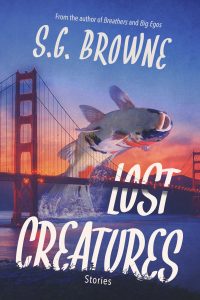


 In order to keep track of the memories, I color-coded the chapters based on the narrator’s memories as they related to certain periods of his life. Rose for the present. Orange for childhood memories. Blue for high school/college memories. Light yellow for more recent memories. Light turquoise for surreal memories. And bright green for the chapters when he was someone else.
In order to keep track of the memories, I color-coded the chapters based on the narrator’s memories as they related to certain periods of his life. Rose for the present. Orange for childhood memories. Blue for high school/college memories. Light yellow for more recent memories. Light turquoise for surreal memories. And bright green for the chapters when he was someone else.
